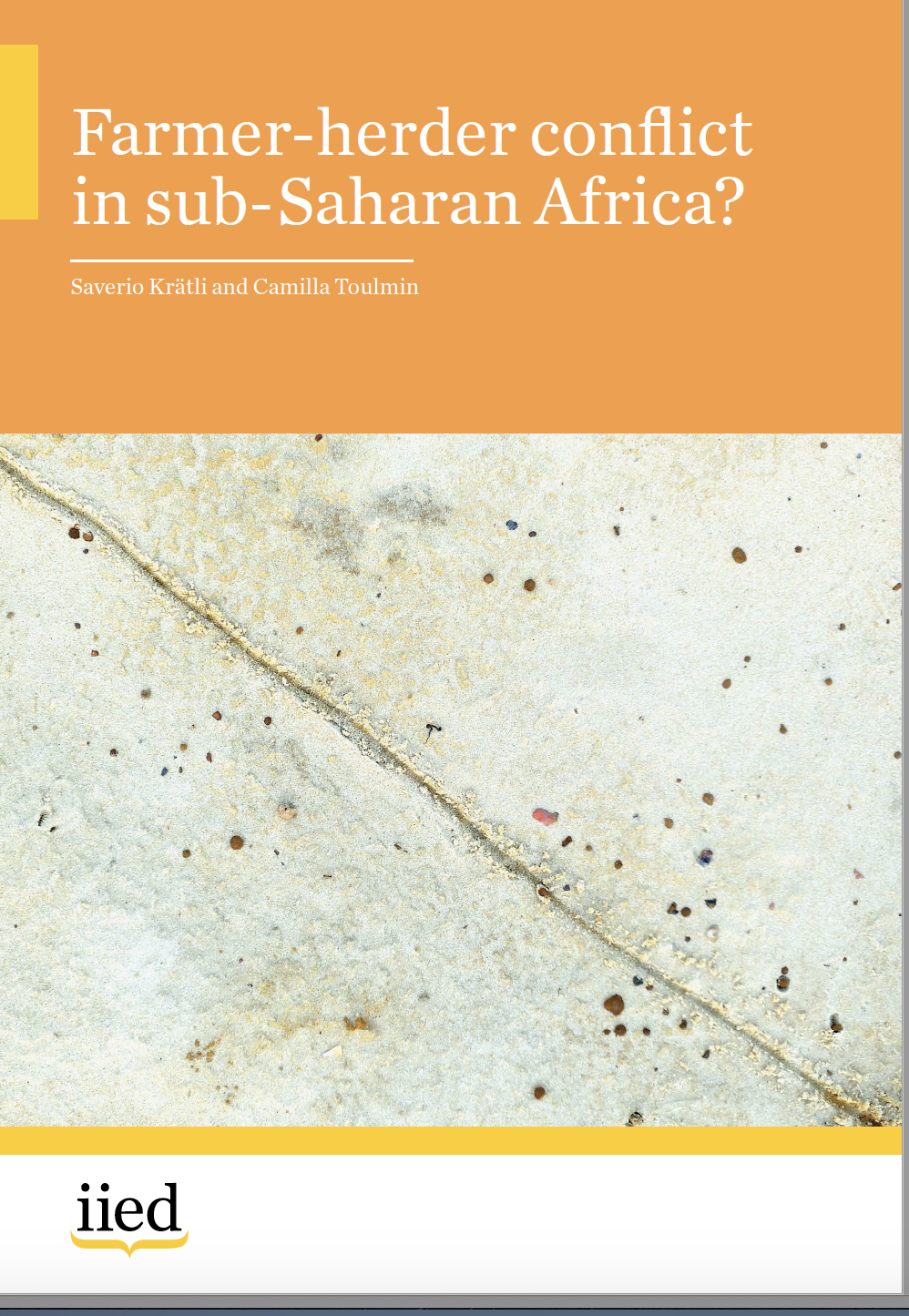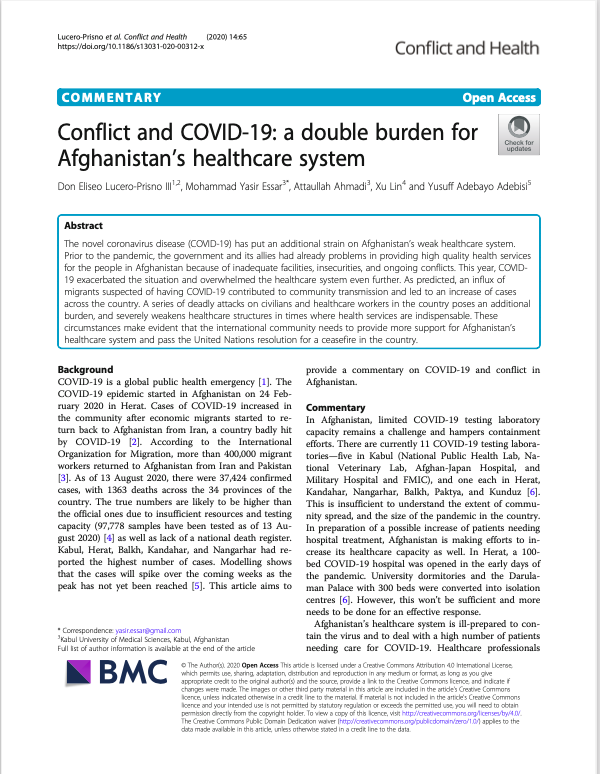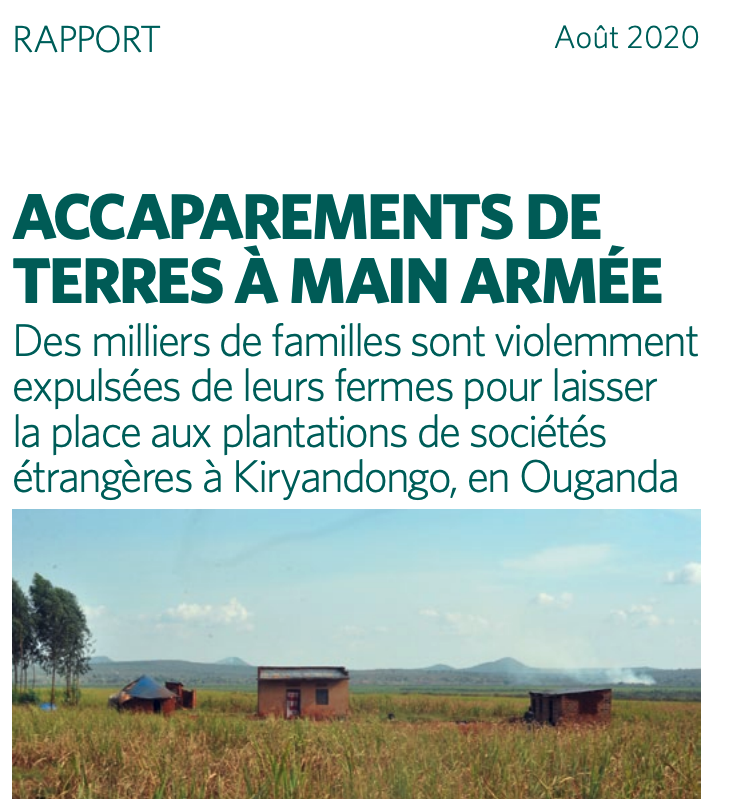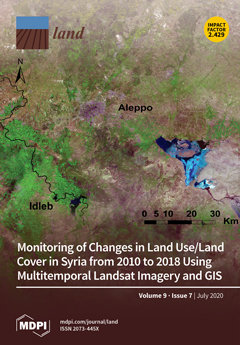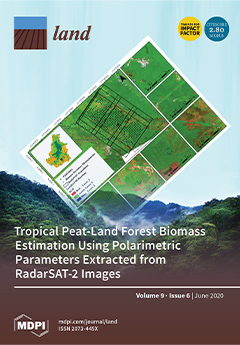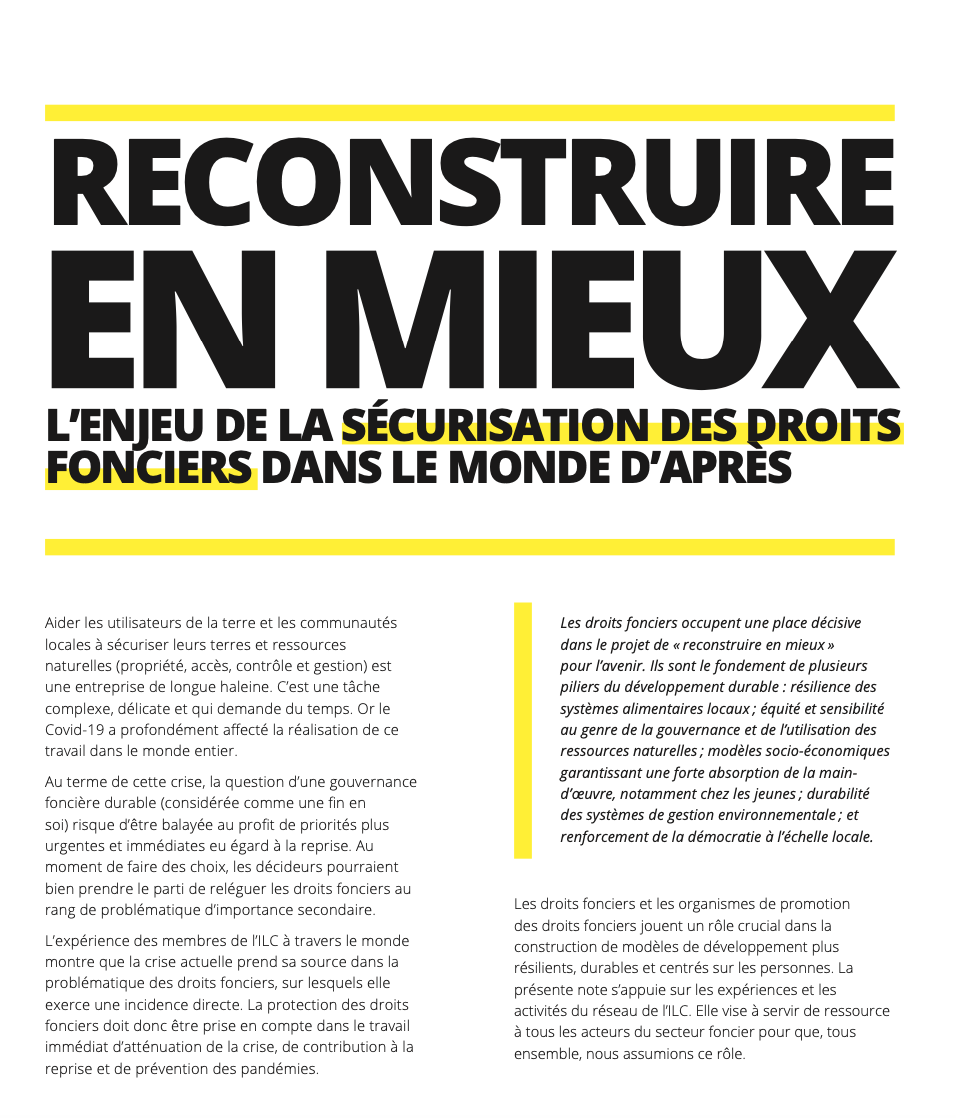Farmer-herder conflict in sub-Saharan Africa?
This report responds to heightened concerns over rising levels of farmer-herder conflict across a wide band of semi-arid Africa. We assess the quantitative evidence behind this general impression and review the explanations in the scientific literature, in the light of known issues with long-standing attitudes towards pastoralism and mobile populations. Looking at the data available, we find that total levels of all forms of violence have been rising in the last ten years — especially in some countries in West and Central Africa.

